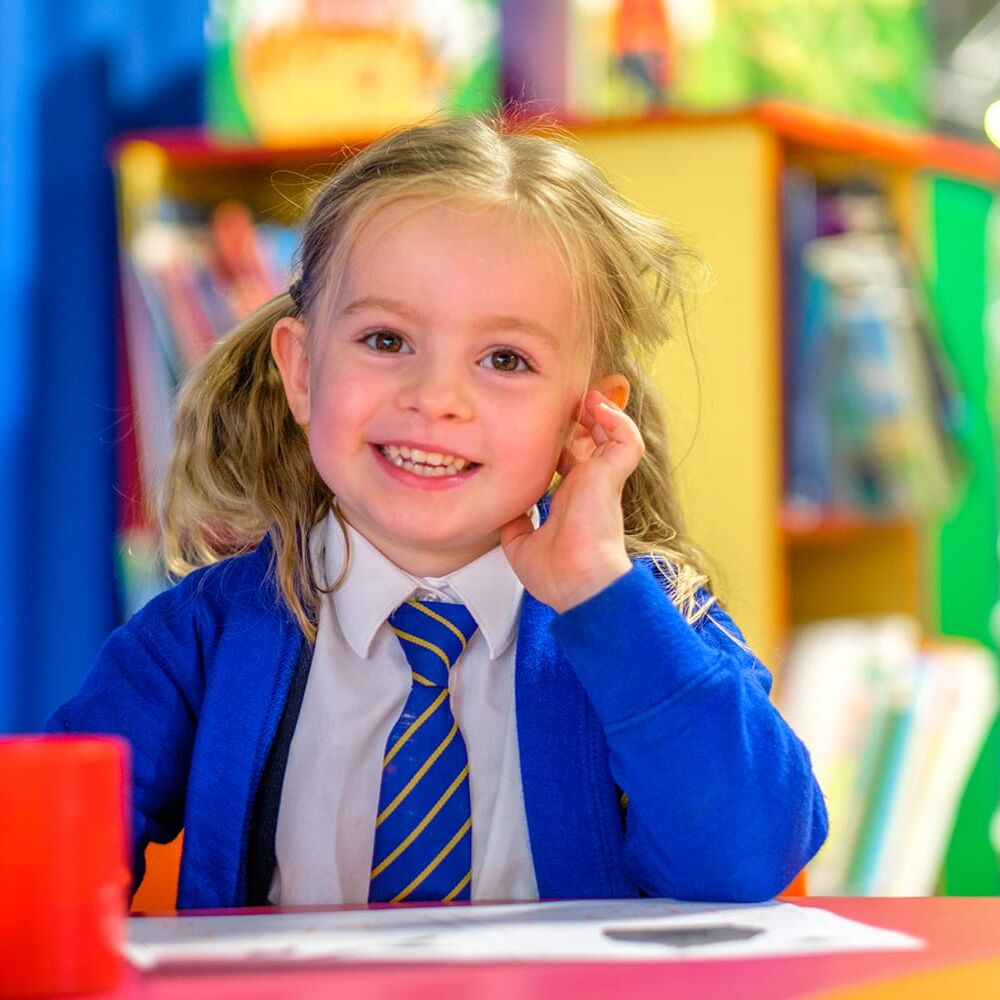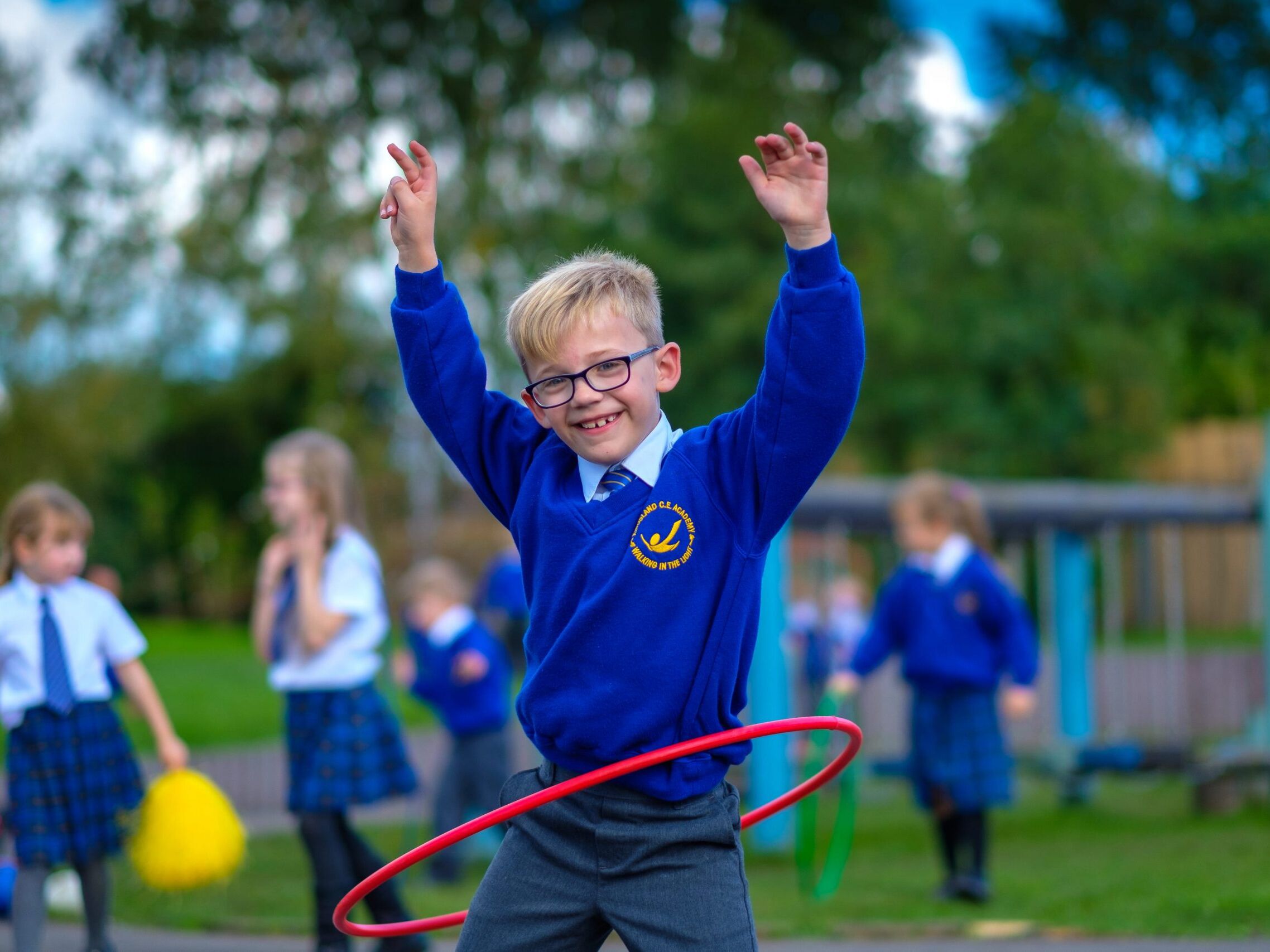PUPIL PREMIUM
We are committed to ensuring that every child excels. The pupil premium is additional funding given to publicly funded schools in England to raise the attainment of disadvantaged pupils.
We currently have 222 Pupil Premium children, which is 47% of our school population.
PUPIL PREMIUM
Current Documents
PUPIL PREMIUM
Previous Years
WHAT IS PUPIL PREMIUM?
Pupil Premium is a government initiative that targets extra money at pupils from deprived backgrounds.
Research shows that pupils from deprived backgrounds underachieve compared to their non-deprived peers. The premium is provided to enable these pupils to be supported to reach their potential. The Government has used pupils entitled to free school meals (FSM), looked after children and service children as indicators of deprivation, and have provided a fixed amount of money for schools per pupil based on the number of pupils registered for FSM over a rolling six year period.
























